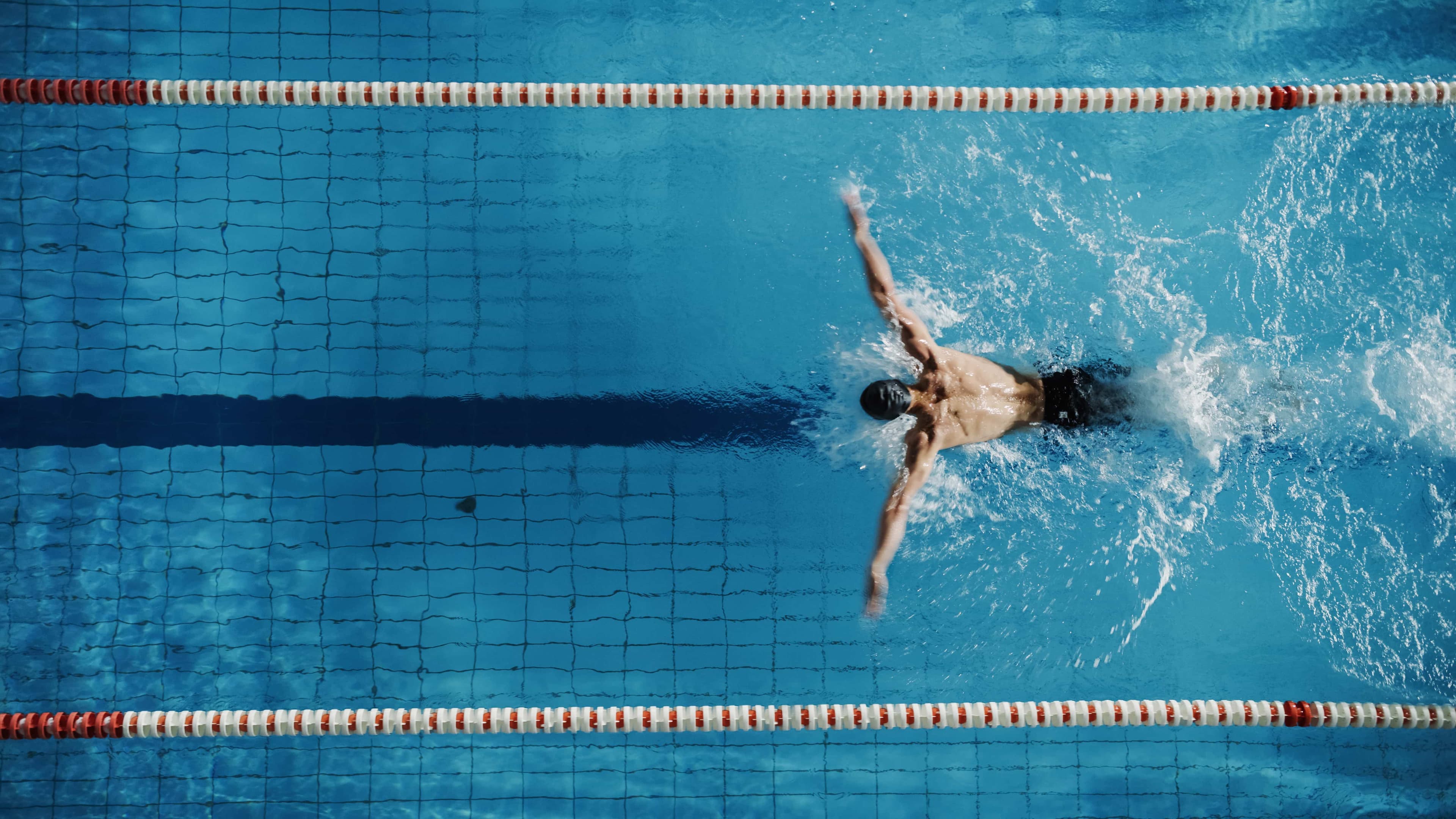Sober Athletes: 4 Legends Who Battled Addiction

In This Article
The world of sports is filled with inspiring stories of triumph and perseverance. Yet, some of the most powerful tales aren’t about championships or records—they’re about the human spirit overcoming addiction and mental health struggles.
These athletes faced personal battles that could have ended their careers and lives. Instead, they rose from their darkest moments, proving that recovery is possible for anyone. Here’s a look at four legendary athletes who overcame addiction, each showing us what’s possible when we take back control and unlock our strength.
Dennis Rodman: Chaos To Comeback
Dennis Rodman’s career as a basketball icon is well-documented. Known for his tenacity on defense and rebounding, he was a five-time NBA champion, two-time Defensive Player of the Year, and a Hall of Famer. Beyond the court, his flamboyant personality, dyed hair, and tabloid antics made him a cultural phenomenon. However, behind the bravado, Rodman struggled with alcohol misuse and mental health challenges that almost derailed his life.
Turning Point
By 2008, after years of erratic behavior, public meltdowns, and legal troubles, Rodman entered rehab. His journey was not without setbacks—he has admitted to relapsing—but he credits therapy and his children for motivating him to continue his recovery. Rodman documented his experiences in his memoir, I Should Be Dead By Now, providing an unfiltered look at his highs, lows, and determination to keep going.
Rodman’s openness about his struggles highlights the importance of seeking help and demonstrates that recovery is possible, even when the odds seem stacked against you.
Michael Phelps: The Champion's Greatest Challenge
Michael Phelps is the most decorated Olympian of all time, with 28 medals, 23 of them gold, and 39 world records to his name. Despite his unparalleled success in the pool, Phelps battled depression, anxiety, and alcohol misuse for years.
Turning Point
In 2014, after a DUI arrest, Phelps reached his lowest point. He sought professional help and credits therapy, meditation, and the support of his family for his recovery. Phelps has since become a vocal advocate for mental health, partnering with organizations like Talkspace to raise awareness about the importance of seeking help.
Phelps’s transformation from athlete to advocate underscores that even the strongest individuals need support. His candid interviews and advocacy work continue to inspire others to prioritize their mental well-being.
Eric Lindros: A Fight Beyond The Ice
Eric Lindros dominated the NHL during his prime, earning six All-Star selections and winning the Hart Trophy as the league’s MVP. Known for his physicality and skill, Lindros was a game-changer on the ice. However, his career was plagued by concussions, which left him battling depression, anxiety, and alcohol use disorder as he transitioned out of professional hockey.
Turning Point
Lindros sought help from medical professionals and relied on the support of his family to overcome his struggles. He has since become an advocate for concussion awareness and mental health, pushing for improved safety protocols and resources for athletes. Lindros’s efforts have sparked important conversations about the long-term impact of sports injuries on mental health and the importance of seeking treatment.
His recovery journey reflects the strength required not only to face personal challenges but also to fight for systemic change within the sports world.
Andre Agassi: Redemption On & Off The Court
Andre Agassi’s career is marked by eight Grand Slam titles and a legacy as one of tennis’s all-time greats. However, at the height of his career, Agassi privately battled methamphetamine addiction, which he later revealed in his memoir, Open.
Turning Point
Agassi’s struggles were fueled by deep unhappiness despite his success. With the support of his team and family, he confronted his addiction and found a renewed sense of purpose. Since retiring, Agassi has dedicated himself to philanthropy, founding the Andre Agassi Foundation for Education to support underserved youth.
His journey from addiction to advocacy showcases the transformative power of vulnerability and the impact of using one’s platform to give back.
Conclusion
These athletes represent the resilience of the human spirit. Their stories highlight the importance of confronting addiction, seeking help, and that it's never too late to rebuild from life’s toughest moments.
If you need help with drinking less, or with quitting alcohol altogether, Oar Health provides access to medication proven to make it easier. Take back control, unlock your strength.
About The Author
Jesse is the founder of Altum Fitness and host of the Sober Strength podcast. He is a USMC veteran, certified fitness trainer and health coach, and former healthcare executive. Jesse started Altum Fitness in 2023 with the mission to help people discover and maintain healthy habits to live deep, strong, meaningful lives. Jesse resides in Colorado with his wife, Meghan, and their three beautiful children.






